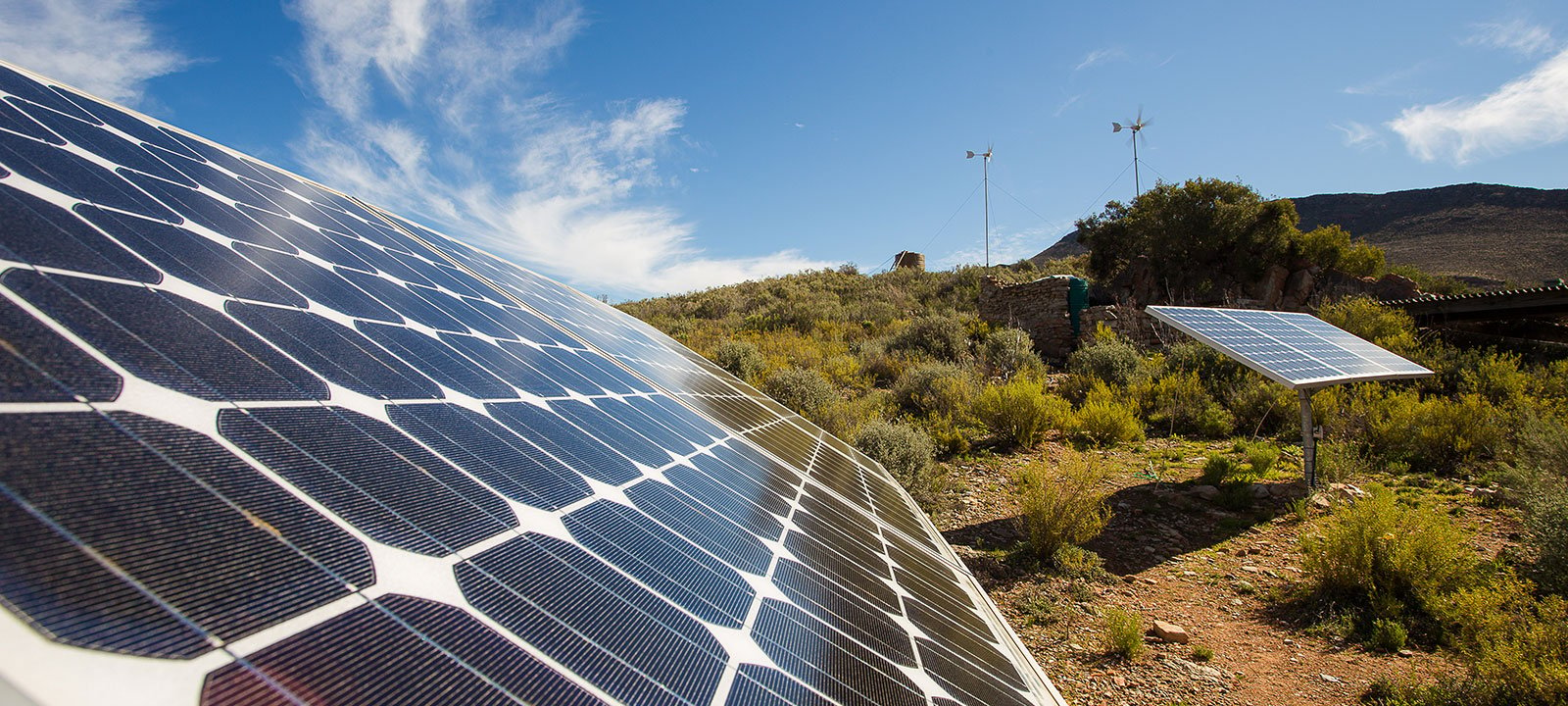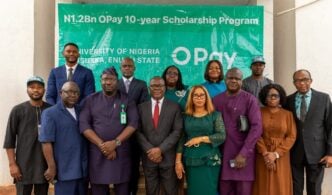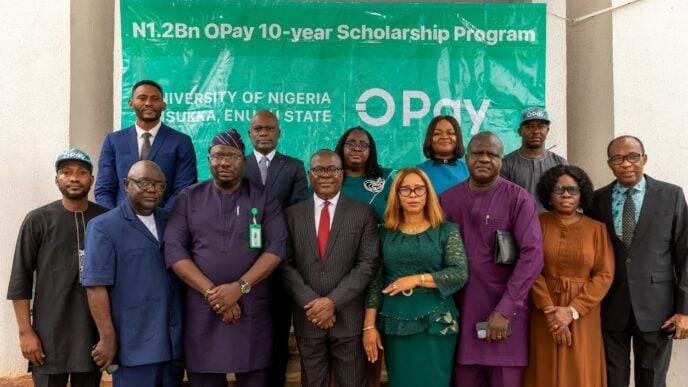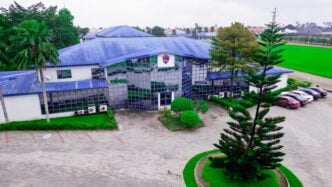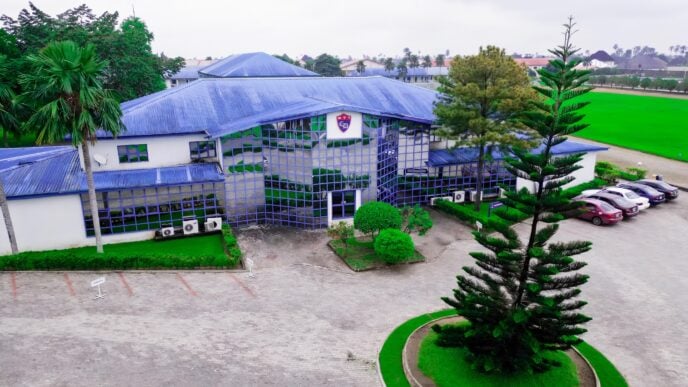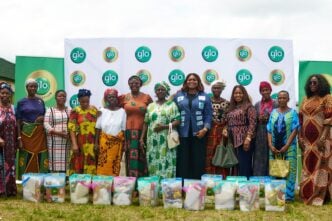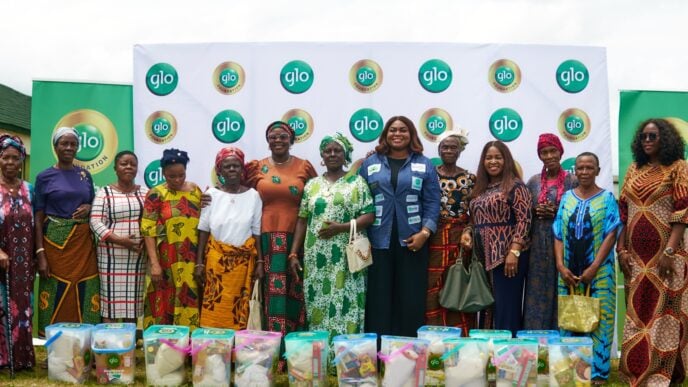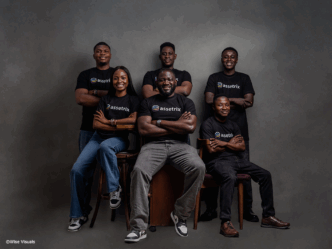Clean energy has emerged as one of the most powerful tools for inclusive development. Far beyond reducing emissions, it is enabling clinics to deliver quality care, helping farmers preserve food through solar-powered cold storage, allowing students in off-grid villages to study after dark, fueling economic growth and education, and improving overall quality of life.
Yet, despite this progress, around 3 billion people in Sub-Sharan Africa still rely on wood, charcoal, or coal for cooking, contributing to harmful pollution and serious health risks—especially for women and children. According to a recent report by the International Energy Agency (IEA), more than 600 million people on the continent currently live without access to electricity – and nearly 1 billion do not have access to clean cooking supplies. In the absence of reliable power, families turn to kerosene lamps, diesel generators, and firewood to meet basic energy needs. These stopgap solutions are not only costly and polluting, but they also hinder economic progress, limit access to health and education services, and contribute to high levels of greenhouse gas emissions.
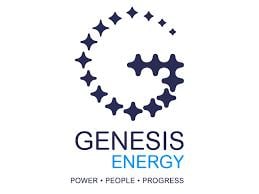
Nigeria is no stranger to these challenges. Despite being one of Africa’s largest economies, the country continues to face critical energy access issues. According to the World Bank, only 55% of Nigeria’s population has access to electricity. Access is particularly low in rural areas, where the electrification rate drops to just 24%, compared to over 80% in urban centers. With the 2030 target laid out by the United Nations for its seventh Sustainable Development Goal (SDG 7) to provide affordable access to energy; expand use of renewable sources; improve energy efficiency year on year; and enhance international cooperation in support of clean-energy research, meeting this goal will require bold partnerships, visionary policies, and a new wave of private sector leadership focused not just on power generation, but on impact. One company leading this shift is Genesis Energy Group. As one of Africa’s pioneering clean energy companies, Genesis is reimagining how energy is produced, distributed, and measured — prioritizing solutions that are not only reliable and affordable, but also transformative for people and the planet.
How Genesis Energy is Leading the Way
One of the company’s most ambitious recent undertakings is its multi-phase partnership with the Katsina State Government. Announced in 2025, the $500 million Memorandum of Understanding aims to deploy clean, decentralized energy infrastructure across the state, targeting critical public services and underserved communities.
This forms part of its strategic plans to unlock state-level partnerships to align with local industrial policy, unlock financing, and ensure long-term sustainable delivery of energy infrastructure across Nigeria. Successes recorded in Katsina State will be leveraged to replicate other state-led initiatives to drive sustainable energy access.
Initial deployments include a 250-kW solar installation with 300 kWh battery capacity at the Katsina General Hospital and a1000KWp Solar Power System + 1000 KWH Battery storage (BESS) at the Katsina Government House. This makes up part of the 10MW Phase 1 of a pipeline of electrification project within the State.
These infrastructures are designed to reduce diesel dependency, lower energy costs, and serve as replicable models for broader regional electrification.
This initiative is a continuation of Genesis Energy Group’s long-standing vision: “Lighting up Africa one community at a time.” Since its founding in 2005, the company has actively developed and financed clean energy projects across the continent, maintaining a development pipeline of up to 4.5GW with an active pipeline in operation and under implementation of c.458MW. In 2019, Genesis Energy Group further solidified its role as a pioneer in West Africa’s energy transition by issuing the region’s largest clean energy bond at the time estimated at $36.1million which was unconditionally guaranteed by InfraCredit and the US DFC. Additionally, Genesis has invested over US $150 million into clean energy projects across the continent including the development of the largest (at the time) private off-grid gas-to-power infrastructure, an 84MW power plant powering a critical national infrastructure in Nigeria. GENESIS has access to equity risk capital and large-scale funding to efficiently develop clean energy projects.
As a champion of the continent’s decarbonization agenda, Genesis leverages a full spectrum of clean technologies — including Solar PV, Battery Energy Storage Systems (BESS), Gas-to-Power, Hydro, Wind, and hybrid solutions — to deliver tailored, future-ready energy systems. Its proven track record includes displacing diesel and heavy fuel oil for commercial and heavy industrial clients with more affordable, climate-resilient alternatives. The company has also built a strong presence in power-constrained markets through local partnerships, regulatory collaboration, and community engagement. An example of flagship is its Banana Island Local Grid, a distributed energy system in Banana Island, Lagos, which provides over 2,000 residents with uninterrupted electricity, achieving up to 98% power availability.
At global and regional energy forums, Genesis continues to champion the role of clean and transitional fuels in Africa’s broader energy mix. The company is an active voice in platforms that promote responsible financing, private-sector leadership, and technology transfer in support of SDG 7 — universal access to modern energy. At the Youth Energy Forum 2025, Genesis Energy underscored its commitment to talent development and climate accountability through two (2) standout sessions, where the company offered practical guidance on building careers in clean energy and shared insights on how it tracks CO₂ displacement through its solar and gas-powered solutions — reflecting its philosophy of measurable impact. Similarly, at the recently concluded Africa Energy Forum 2025, the company participated in a panel session titled “Financing Gas: Is 2025 the Year Financing Is Unleashed?” — highlighting the importance of cross-sector collaboration, regulatory reform, and private-sector accountability as Africa balances its legacy systems with a renewable-powered future.
As Africa works toward achieving SDG 7, Genesis Energy is proving that with clean, reliable power, communities can grow stronger, economies more inclusive, and the future more sustainable. Its mission is clear: To provide a dependable clean energy ecosystem through which African nations can unlock their inherent economic potentials for sustainable growth.
